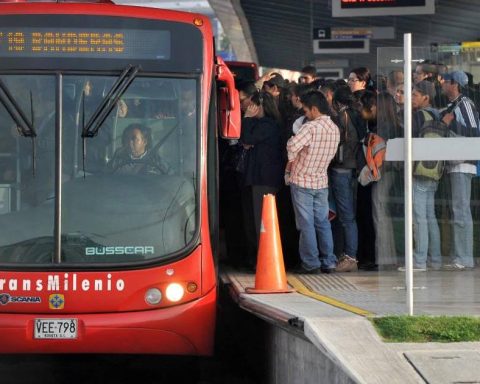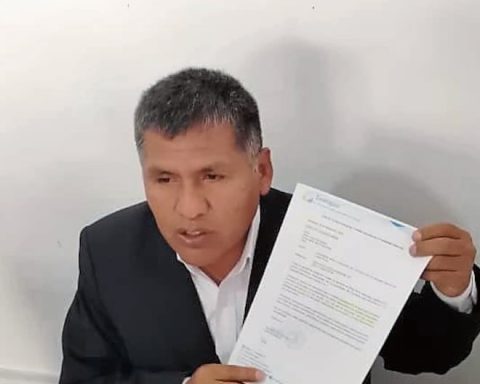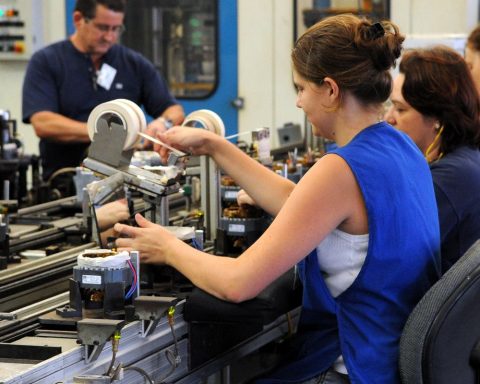The Immediate Payment System, that will allow the operations of more than 30 million digital wallets and purses in Colombia to be interoperable in real time, in a few weeks it will have its components and characteristics ready and for this international experiences of successful cases are being seen.
(See: Immediate Payment System begins design process).
The process, led by the Bank of the Republic, had as its initial base of inspiration the system PIX, from Brazil, but other cases such as the New Payments Platform (NPP) in Australia, the Fast and Secure Transfer (FAST) in Singapore, UPI in India and the FedNow in the United States, among others.
Eric Rincón, director of the Tic Tank of the Universidad del Rosario, said that the key is that “payments must allow their immediacy, interoperability and freeness, as well as the user experience”. He pointed out that a disruptive change of the model would be necessary, a desirable element, “but there are many interests at stake and what remains for the Banco de la República is to define whether to gamble with something that has a change effect and break current schemes, sacrificing current infrastructure players or adjusting to an intermediate model that may continue sacrificing the financial consumer”.
(See: The 14 fastest growing digital wallets between 2020 and 2021).
For his part, Camilo Zea, CEO of Pronus, assured that “Part of the problem we have with payment technology is cycles and the cost charged to users has been very high in most cases and does not allow for financial inclusion. Here are entities that charge high amounts for transactions despite ACH efforts to seek benefit from the public, but many companies have not transferred those benefits to customers”.
He indicated that for this reasonoperations are needed in real time and all this is not a minor change, “Well, you have to coordinate a lot of people.”
Nequi, one of the big players in the market says that “everything that translates into well-being for our users will be good for Nequi. We are respectful of the laws and policies of the Government and definitions of state entities. For this reason, we internally analyze their impacts and define our business strategy, once they are defined and approved.”.
(See: Davivienda and Binance start pilot operations with cryptocurrencies).
NEQUI
NEQUI
‘We see Brazil and other countries’
For Ana María Prieto, director of the Payment System, of the Banco de la República, The best proposals are considered with the industry in the established schedule.
“We analyzed the components that the system would have and detailed cases beyond Brazil, which was the initial one. We see those of the Philippines, Jordan and Australia, among others“, said.
(See: Digital wallets boost businesses and vendors in Colombia).
BRIEFCASE
















